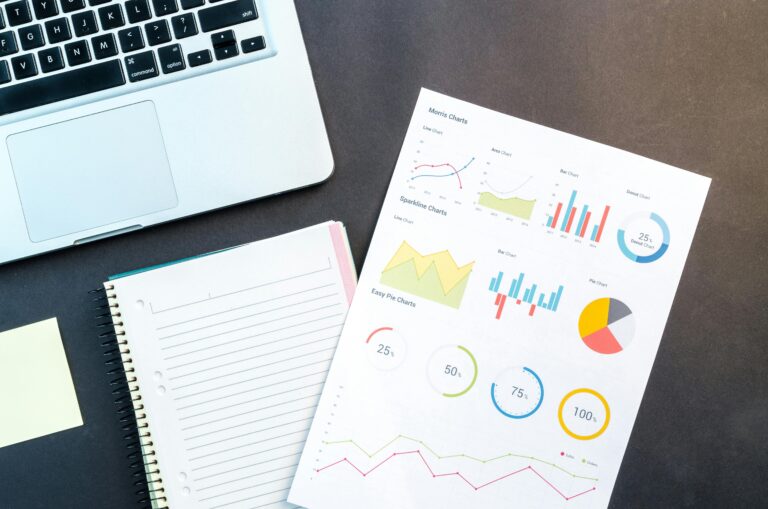In the United States, having an emergency fund is no longer a luxury—it’s a financial necessity. Unexpected expenses like job loss, medical bills, or car repairs can strike at any time, and without a proper safety net, many Americans find themselves turning to high-interest debt or draining their savings.
So how much should you actually save in your emergency fund?
Financial experts generally recommend setting aside three to six months’ worth of living expenses. This includes essentials like rent or mortgage, utilities, groceries, transportation, insurance, and minimum debt payments. For example, if your monthly essential expenses total $3,000, you should aim for an emergency fund of $9,000 to $18,000. The exact amount depends on your personal situation, including job stability, income sources, and number of dependents.
If you are self-employed or work in an industry prone to layoffs, it may be wise to aim for the higher end of the savings range. On the other hand, someone with a stable government job and dual-income household might be comfortable with less. The key is to assess your risk and build accordingly.
Building an emergency fund can seem overwhelming, especially if you’re starting from scratch. The best approach is to start small and stay consistent. Automate your savings by setting up regular transfers to a separate high-yield savings account. Over time, even small contributions add up and create a financial cushion that can protect you from major setbacks.
Keep your emergency fund in an account that is easily accessible but not too easy to dip into. A high-yield savings account is ideal because it offers some growth while keeping your money liquid. Avoid investing your emergency savings in stocks or crypto, as the value could drop just when you need it most.
The COVID-19 pandemic highlighted the importance of financial preparedness. In 2025, with inflation still pressuring American households and economic uncertainty lingering, an emergency fund is one of the smartest financial tools you can have. It provides peace of mind, protects your long-term savings, and helps you avoid unnecessary debt during tough times.
No matter your income level, starting an emergency fund today is a step toward greater financial security tomorrow. It’s not about perfection—it’s about preparation.



